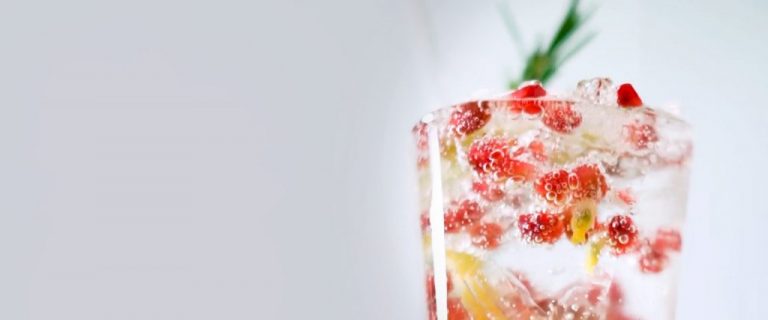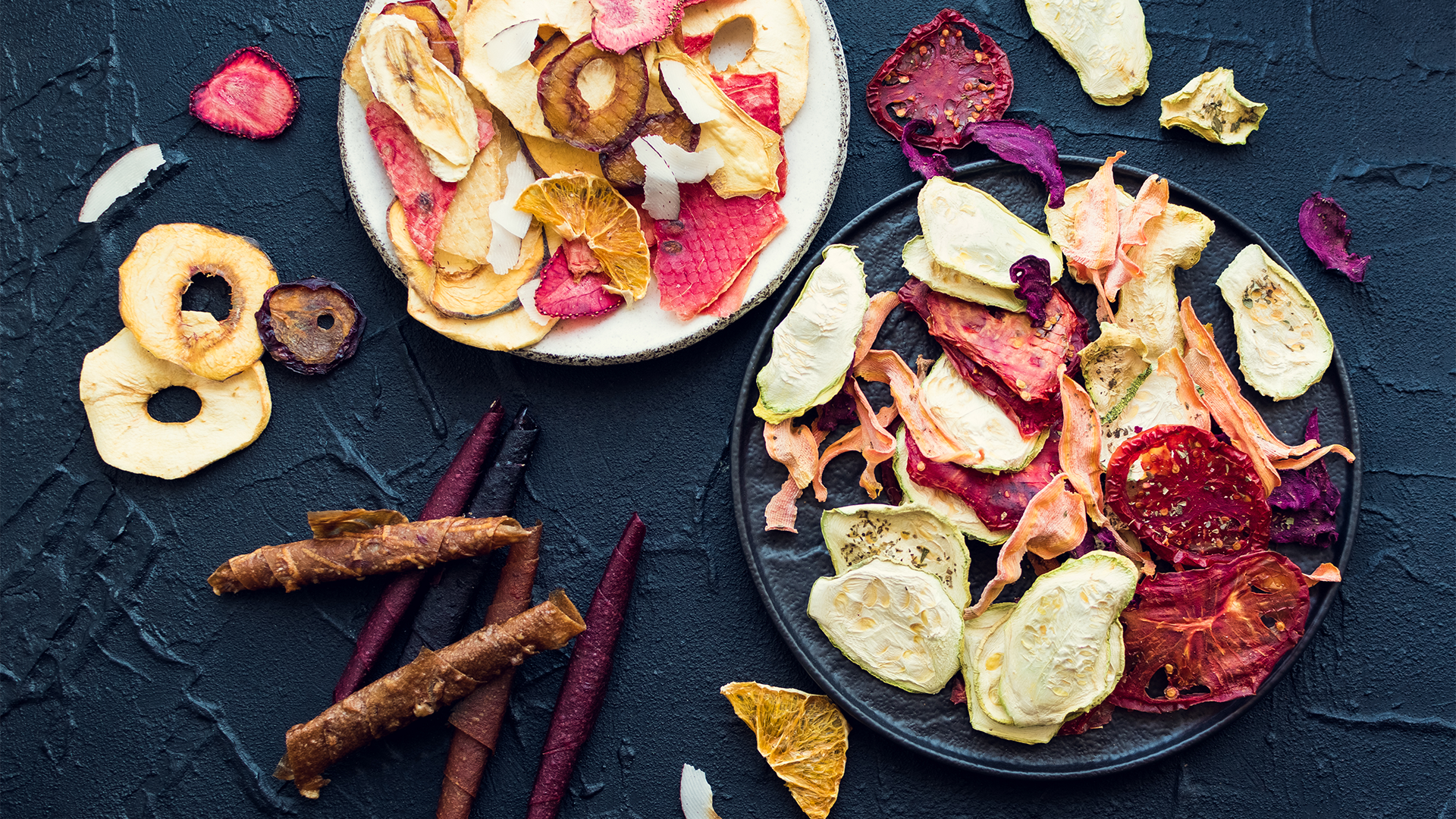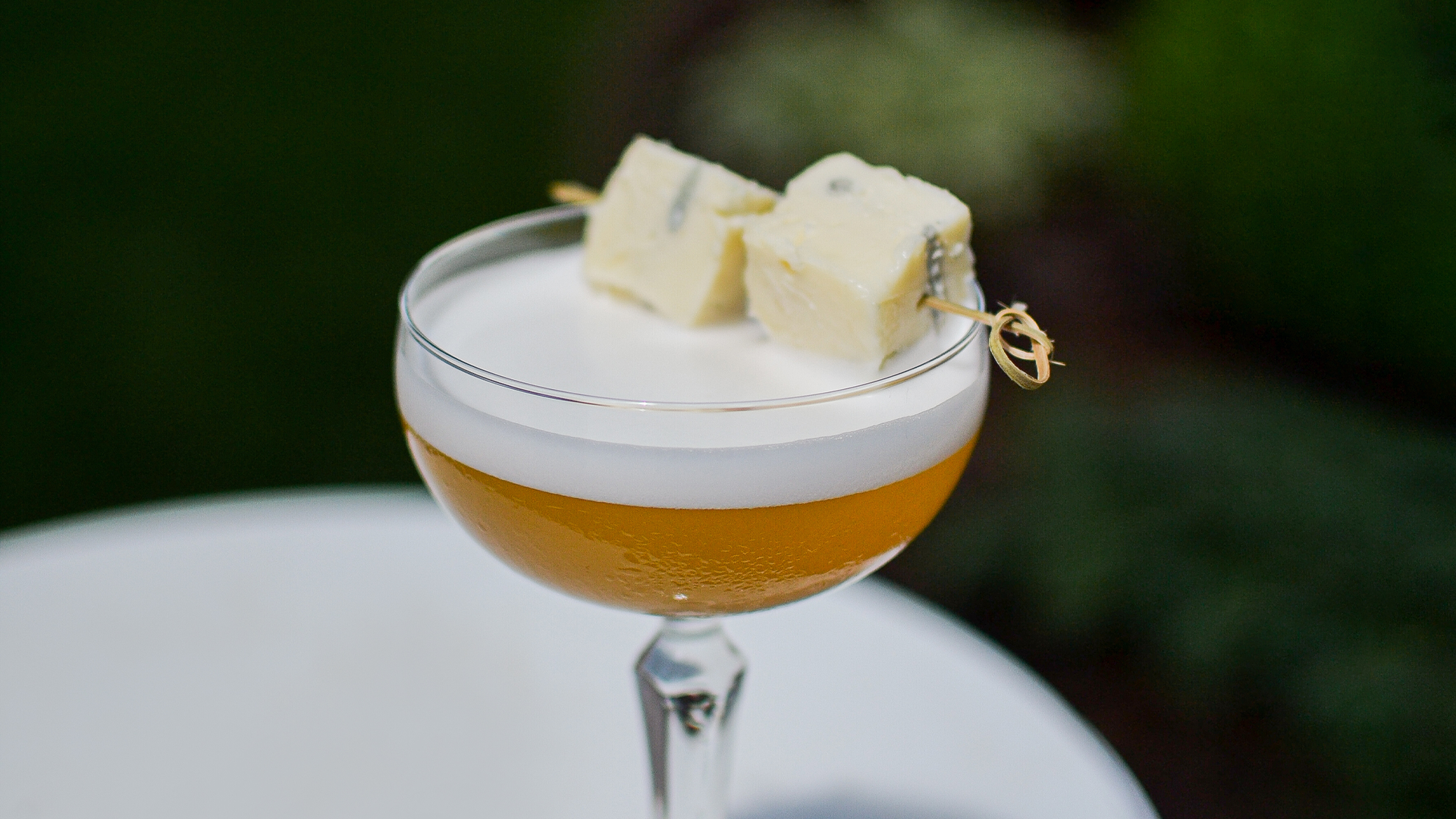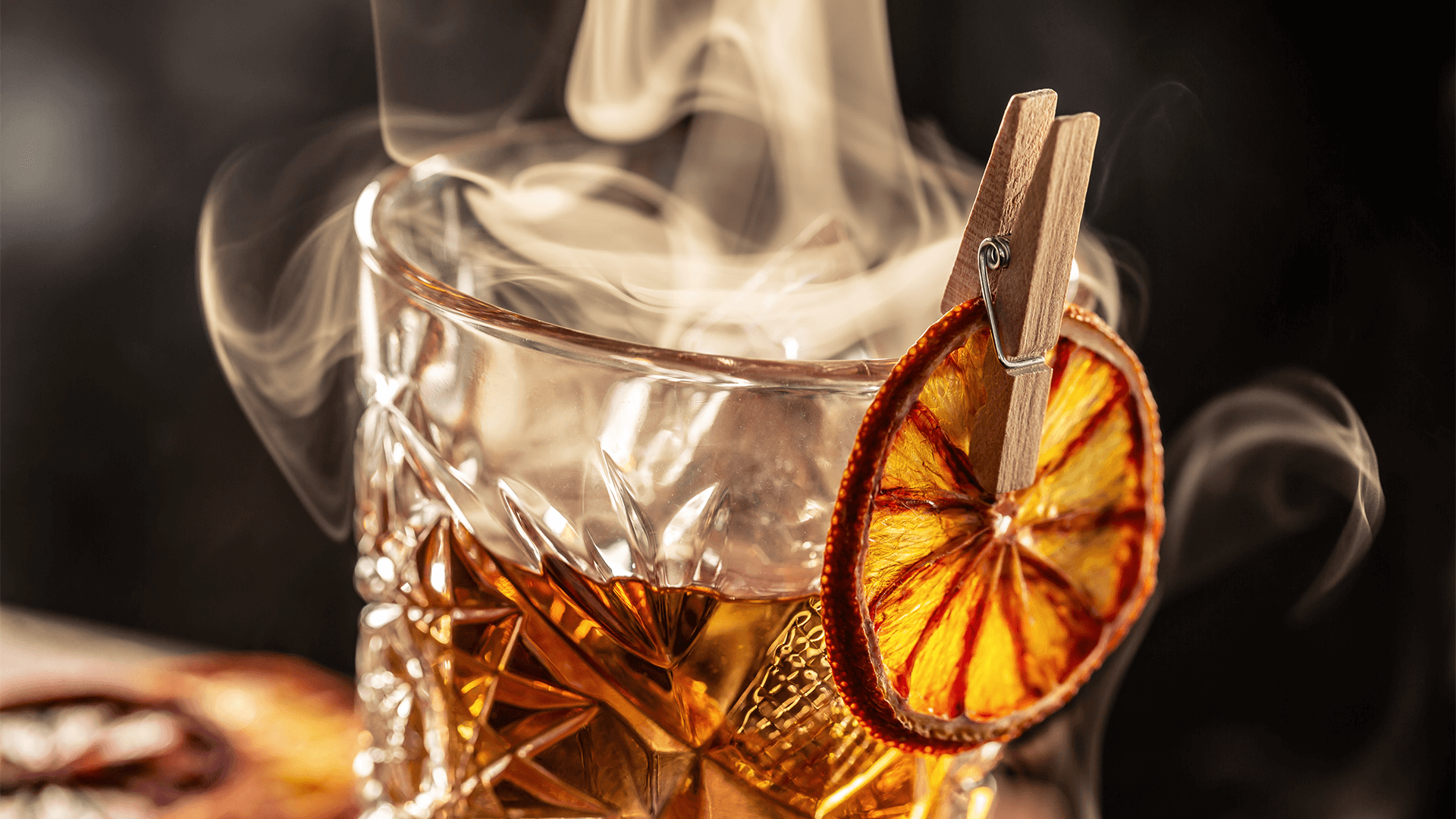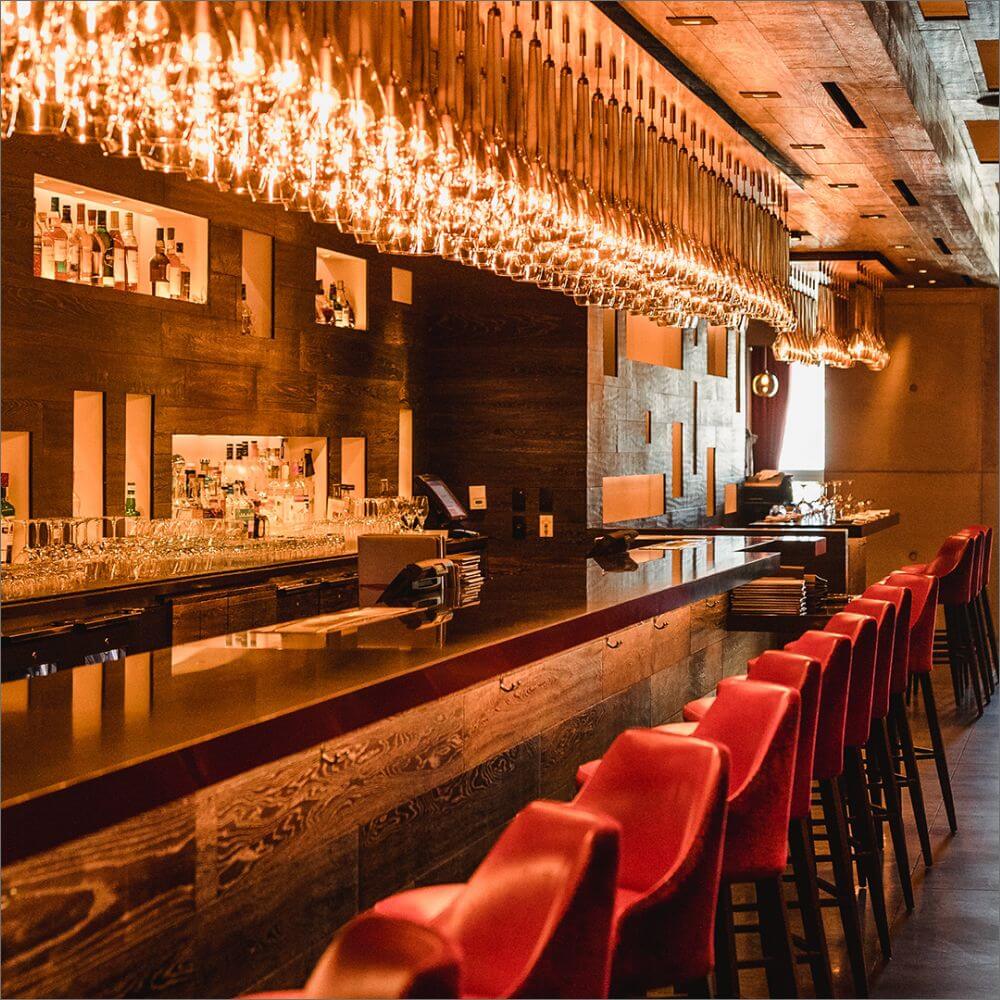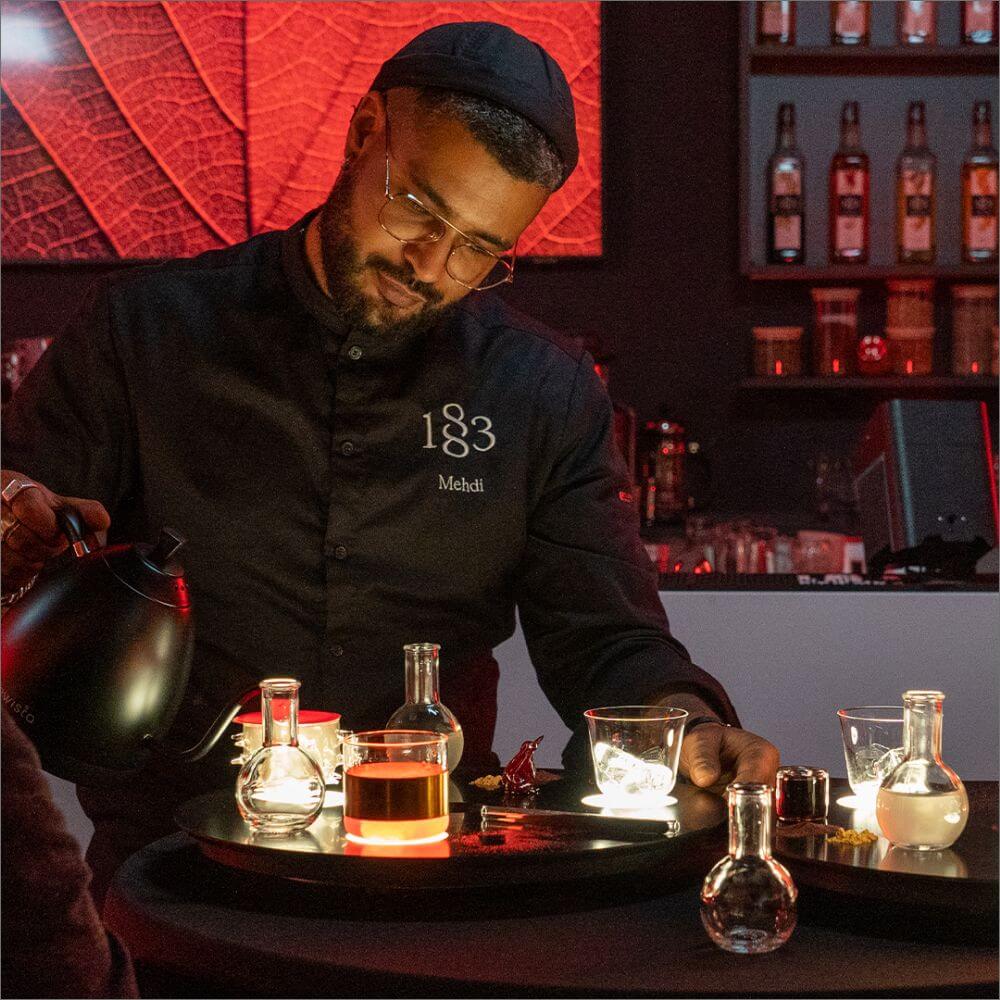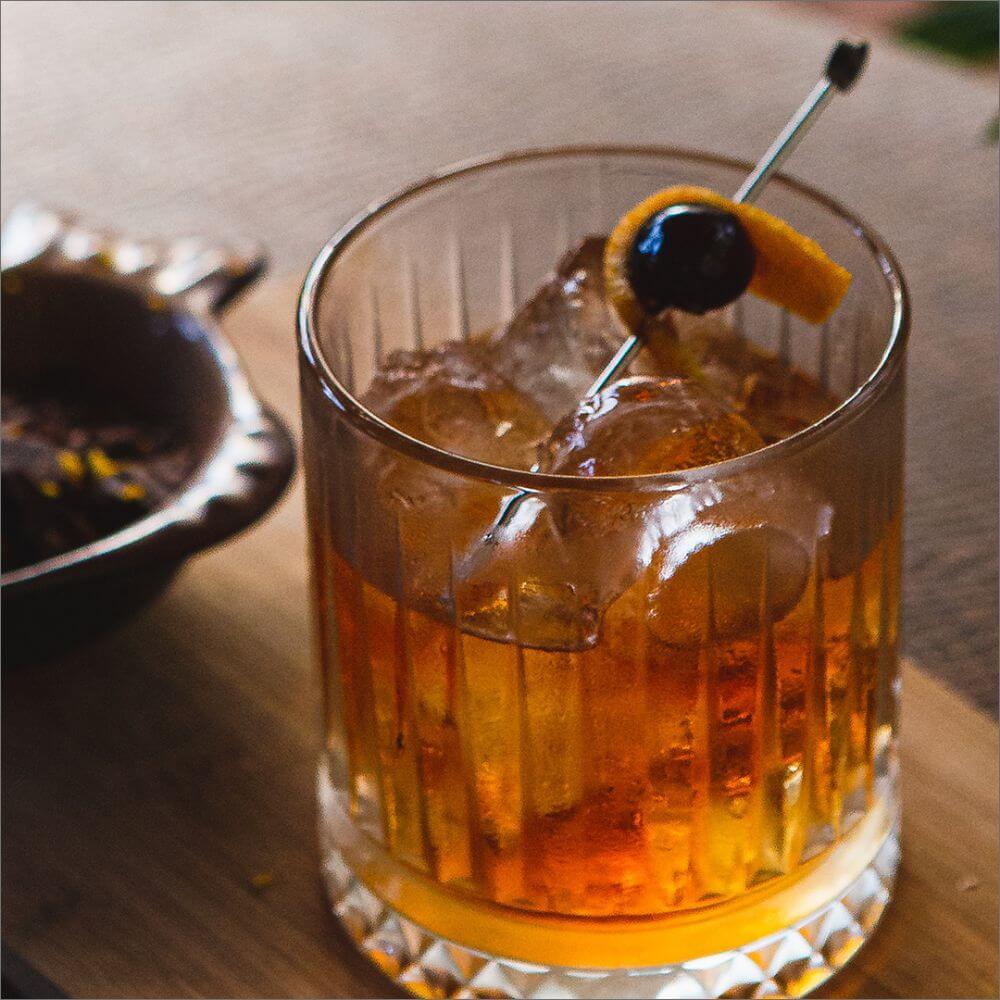Low ABV: embrace the trend
Three tips from Olivier Martinez, House Garden (Paris)
In the last few years, no-and low-ABV beverages (containing little to no degree of alcohol) have become a serious subject. Just look at the popularity of “Dry January”, a concept imported from the Anglo-American culture and widely covered by the French media in the last four to five years. Bar professionals have had a mixed response, both embracing the trend and mocking it. However, all indicators point towards this becoming a long-term tendency. Inclusiveness, mindfulness, well-being, the Evin law (against alcoholism), the American sober lifestyle… French society as a whole has integrated the idea of going out and enjoying a festive spirit while minimising one’s alcohol consumption.
However, the industry faces a major challenge in offering options that are just as tempting as an alcoholic beverage. The time when those options were limited to a soda or a virgin mojito – with the rum simply left out – has come to an end. Producers and manufacturers have understood the importance of proposing non-alcoholic “spirits” with high organoleptic qualities. Indeed, a zero-degree bitter – BTTR – won a 2021 Innovation Award, an annual cross-category prize that highlights the most remarkable new beverages on the market. In creative terms, when life gives the bar community a lemon, it makes lemonade. But what flavours to focus on? How to replace the power of alcohol with other ingredients and serve up cocktails that are neither a last resort nor a punishment? We asked for advice from Olivier Martinez, a specialist of the low- and no-ABV world.
Olivier Martinez and Yann Salentin opened House Garden in 2019, a few months before repeated lock-downs left their mark on the profession in France. By the end of 2021, they were still afloat, with an offer exclusively oriented towards cocktails with a low alcohol content. Yes, low-ABV does appear worth considering! When Olivier speaks about the subject, he exudes cheer, evoking commitment and client well-being. Enjoying the process of reinventing the cocktail. He provides us with three keys to his approach, as well as a winter recipe.
- Work with a great deal of aromatics. Thai basil, sage, coriander, lovage, rosemary… We have three hydroponic herb gardens at House Garden, and we gather the herbs to order so that they are ultra-fresh and tasty. A drink that is heady in aromatic terms short-circuits the brain’s anticipation of alcohol. Instead, it is distracted with the flavours.
- Seek a perfect balance! This is an essential in general, but it’s even more important in a low- or no-ABV approach. We work “backwards”: we take inspiration from classic cocktails, reinventing each recipe by inverting its proportions. For example, for a Manhattan, we mix 5.5 cl vermouth cold-infused with coriander and 1.5 cl of rye whiskey as well as a few drops of bitter, making it possible to limit the alcohol content while compensating for the flavour impact of alcohol.
- We create an experience, and to do so, we seek out forgotten or little-used ingredients such as cynar, bénédictine, chouchen and others. And, he adds, don’t neglect the atmosphere! Always include good music. “We aren’t a nightclub, but we want people to be grooving along in their heads, and for them to leave feeling happy.”
A winter recipe
Olivier revisits a below-zero-weather favourite in a low-ABV version: a mulled wine-type cocktail. It is made with a good, rather mineral red wine mixed with Amancio, sherry, and a dash of warm spices syrup (1883 makes one that is excellent!). The drink is topped with a house whipped cream made with maple syrup (available in the 1883 range). The result is a warm, full-bodied, comforting libation to see you through the winter!


